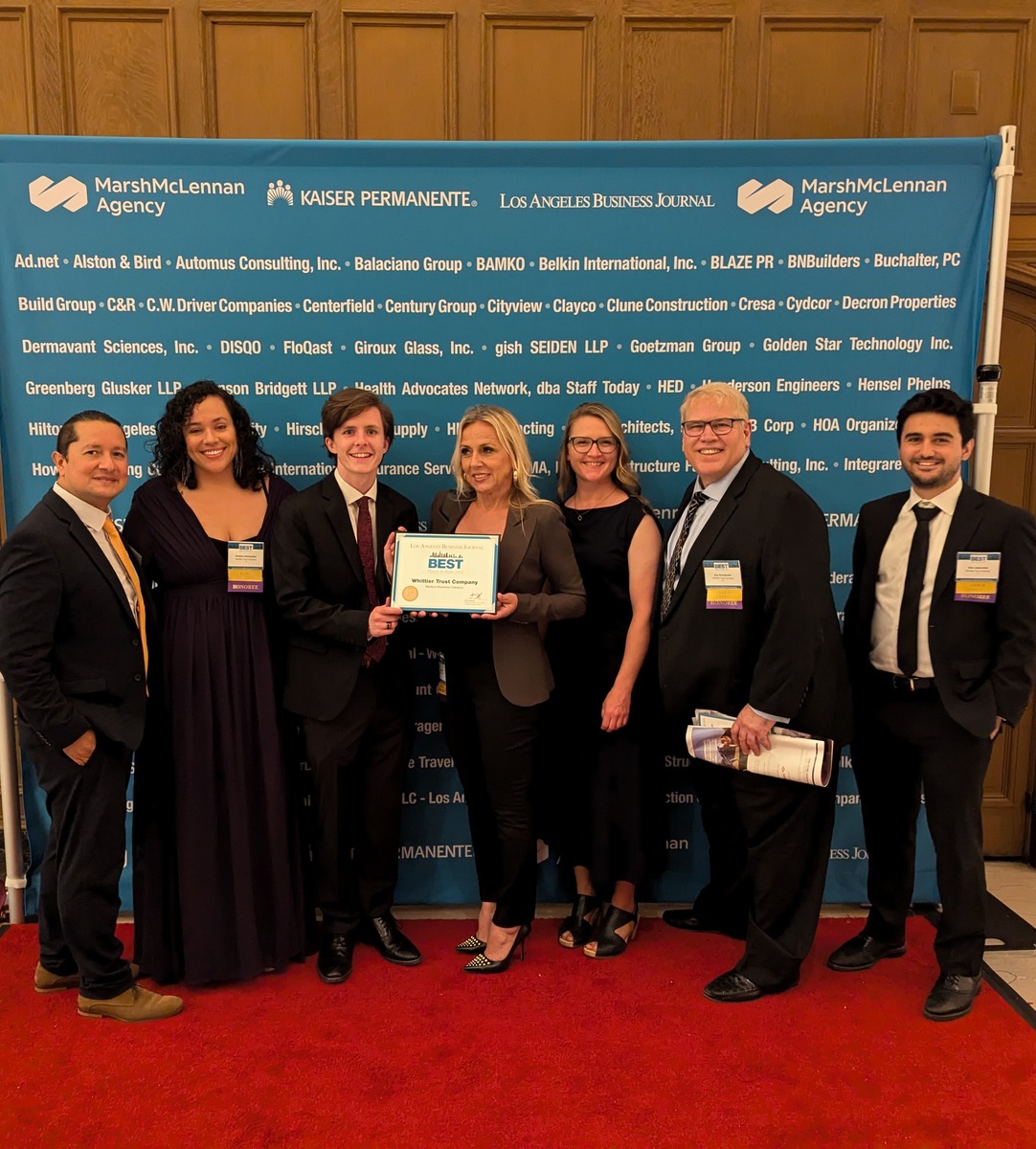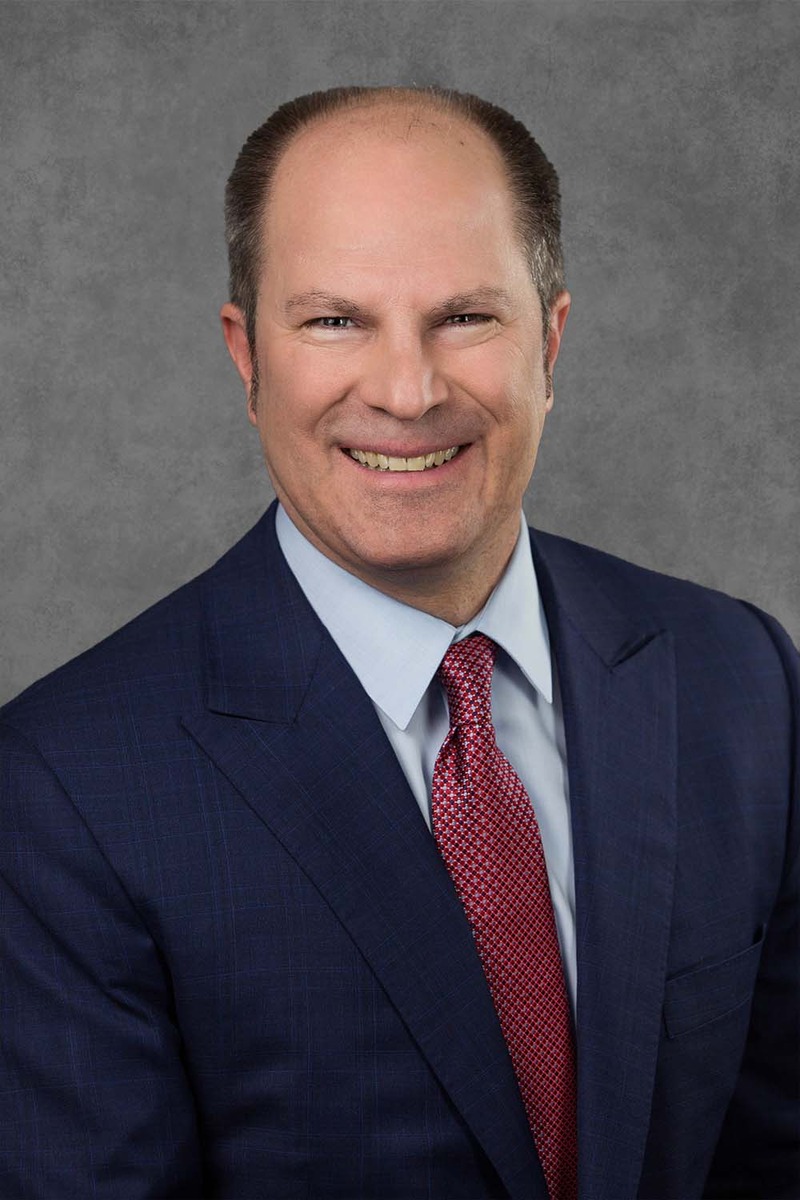Smart entrepreneurs look far beyond financials.
 “The difference between great people and everyone else is that great people create their lives actively, while everyone else is created by their lives, passively waiting to see where life takes them next,” Michael E. Gerber wrote in his book, The E Myth. The sentiment applies to entrepreneurs approaching the impending sale of the business they built: They must create the most favorable conditions to achieve their desired outcome, which can go far beyond optimizing the balance sheet and achieving a high valuation multiple.
“The difference between great people and everyone else is that great people create their lives actively, while everyone else is created by their lives, passively waiting to see where life takes them next,” Michael E. Gerber wrote in his book, The E Myth. The sentiment applies to entrepreneurs approaching the impending sale of the business they built: They must create the most favorable conditions to achieve their desired outcome, which can go far beyond optimizing the balance sheet and achieving a high valuation multiple.
Business owners are used to looking at all sides of a transaction, and that skill comes in handy with the ultimate transaction–the sale of the business itself. It is vital to consider not only the financial and tax consequences of such a sale, but also the impact on one’s family situation, next generation planning, other business holdings, and charitable giving pursuits. When all is said and done, you want to know that you maximized opportunities, minimized regrets, and positioned yourself for a rewarding next chapter. This doesn’t happen without thoughtful and timely planning.
Keep these three things in mind so that you can sell smart when you sell your business:
1. Enlist help.
 Oftentimes, that’s where a certified exit planning advisor can come in to help strategize and execute the steps leading up to, and following, a sale. At Whittier Trust, the oldest multifamily office headquartered on the West Coast, we take a holistic approach that prioritizes investments, family relationships, and tax, estate, and philanthropic planning. By spending time getting to know clients’ needs and goals, we’re able to help avoid obstacles and optimize results. Often, by taking this approach and thinking ahead, we seek to help them achieve the best results possible. We focus on surrounding the entrepreneur with Whittier and non-Whittier professionals who will collaborate to educate, strategize, and help the business owner exercise more control over personal, financial, and business outcomes that might otherwise be left to chance.
Oftentimes, that’s where a certified exit planning advisor can come in to help strategize and execute the steps leading up to, and following, a sale. At Whittier Trust, the oldest multifamily office headquartered on the West Coast, we take a holistic approach that prioritizes investments, family relationships, and tax, estate, and philanthropic planning. By spending time getting to know clients’ needs and goals, we’re able to help avoid obstacles and optimize results. Often, by taking this approach and thinking ahead, we seek to help them achieve the best results possible. We focus on surrounding the entrepreneur with Whittier and non-Whittier professionals who will collaborate to educate, strategize, and help the business owner exercise more control over personal, financial, and business outcomes that might otherwise be left to chance.
2. Look beyond the bottom line.
One way our Whittier Trust team helps entrepreneurial business owners navigate a potential sale is by doing a deep-dive to understand the impact the sale of the business may have on your business goals and your personal life. In addition to fact-finding about the business itself and how it’s structured, the team works to understand the motivations behind why you built the business, why you’re prepared to sell, and how to best achieve your goals for the future. Here are some questions to help get you started:
- What prompted you to start the business in the first place?
- Why are you thinking about leaving the business?
- Do you have a timeline in mind for your exit?
- What’s your vision of the ideal transition?
- What personal or business objectives would you like to see accomplished in the transition?
- How do you expect exiting the company to impact your life?
- Do you want to stay involved in the business after the sale?
- Do you expect any family members to remain active in the business?
- Are you concerned about any family issues?
- How do you expect your key employees to be impacted?
- Are you concerned about any employee issues?
- Do you anticipate any partner or shareholder issues?
- How important is preserving the legacy of the business?
- Have you identified a successor(s)?
- Have you taken steps to formalize a transfer arrangement?
- What are you most concerned about relative to the transition?
- Have you had the business appraised in the last 12 months?
- Have you worked with anyone to evaluate the health of the business?
- How will exiting the business impact your personal financial situation?
- Does anyone else depend on the business for income or financial support?
- Do you currently have a wealth management consultant?
- Do you have an estate plan?
- Do you have a plan for optimizing tax efficiency and savings related to the transaction?
- Have you estimated your cash flow needs after the transaction
- To what extent do you expect to rely on proceeds of the sale to meet your post-transaction cash flow needs?
- What are your post-sale goals?
- Are there any family dynamics that might be a cause for concern when the sale happens?
3. Establish a realistic timeline.
 This list of questions isn’t exhaustive, but it’s designed to help uncover risks and planning opportunities that are best addressed months, or even years, before the sale. Understanding your priorities is the first step in maximizing the success of your outcome.
This list of questions isn’t exhaustive, but it’s designed to help uncover risks and planning opportunities that are best addressed months, or even years, before the sale. Understanding your priorities is the first step in maximizing the success of your outcome.
Keep in mind that to increase your chances for a big win, it is essential that you coordinate with your professionals to tailor the results to your needs. At Whittier Trust, we have years of experience working with legal, accounting, and business advisory teams to ensure that the specifics of your deal will focus on the outcomes you seek from a holistic perspective. No two businesses are alike, just like no two families are the same, and we take pride in being the partner business owners can count on to pave the way for the result they want. Clients who have the most successful sales start thinking about the process early and focus on the personal results they want to achieve as well as the financial payout.
To learn more about how Whittier Trust can help you with the transition away from your business, start a conversation with a Whittier Trust advisor today by visiting our contact page.
From Investments to Family Office to Trustee Services and more, we are your single-source solution.


















 There are many reasons people place money in trust for their heirs.
There are many reasons people place money in trust for their heirs.  A similar business plan analysis should be undertaken when the beneficiary wants to buy an existing business or invest capital in a friend’s business. Most corporate trustees will be leery of the latter and often can play the role of “bad cop,” allowing the beneficiary to keep the friendship intact. In such cases, we are happy to let the friend know that the proposed investment is not aligned with the trust’s overall investment philosophy. This has saved more than one beneficiary from making an investment in a pal’s bar or movie.
A similar business plan analysis should be undertaken when the beneficiary wants to buy an existing business or invest capital in a friend’s business. Most corporate trustees will be leery of the latter and often can play the role of “bad cop,” allowing the beneficiary to keep the friendship intact. In such cases, we are happy to let the friend know that the proposed investment is not aligned with the trust’s overall investment philosophy. This has saved more than one beneficiary from making an investment in a pal’s bar or movie. When looking for professional trustees, it is important to ask them about their practices and procedures when it comes to entertaining a beneficiary’s request for distributions. Some corporate trustees are relatively inflexible and only review requests monthly by committee. At Whittier Trust, we look at requests on a case-by-case basis as they are made since time is of the essence in certain situations. Also, ask if the main objective of the trustee is strict preservation of the trust for future generations or if they are willing to accept a letter of wishes or trust language that favors the current beneficiary. Any good trustee will welcome these conversations in advance of being named in the trust.
When looking for professional trustees, it is important to ask them about their practices and procedures when it comes to entertaining a beneficiary’s request for distributions. Some corporate trustees are relatively inflexible and only review requests monthly by committee. At Whittier Trust, we look at requests on a case-by-case basis as they are made since time is of the essence in certain situations. Also, ask if the main objective of the trustee is strict preservation of the trust for future generations or if they are willing to accept a letter of wishes or trust language that favors the current beneficiary. Any good trustee will welcome these conversations in advance of being named in the trust.
 Whittier Trust, the oldest multi-family office headquartered on the West Coast, is pleased to announce the promotion of Brittany Renna, CFP®, APMA®, CTFA®, to the role of Vice President, Client Advisor, with the firm’s Newport Beach office.
Whittier Trust, the oldest multi-family office headquartered on the West Coast, is pleased to announce the promotion of Brittany Renna, CFP®, APMA®, CTFA®, to the role of Vice President, Client Advisor, with the firm’s Newport Beach office.